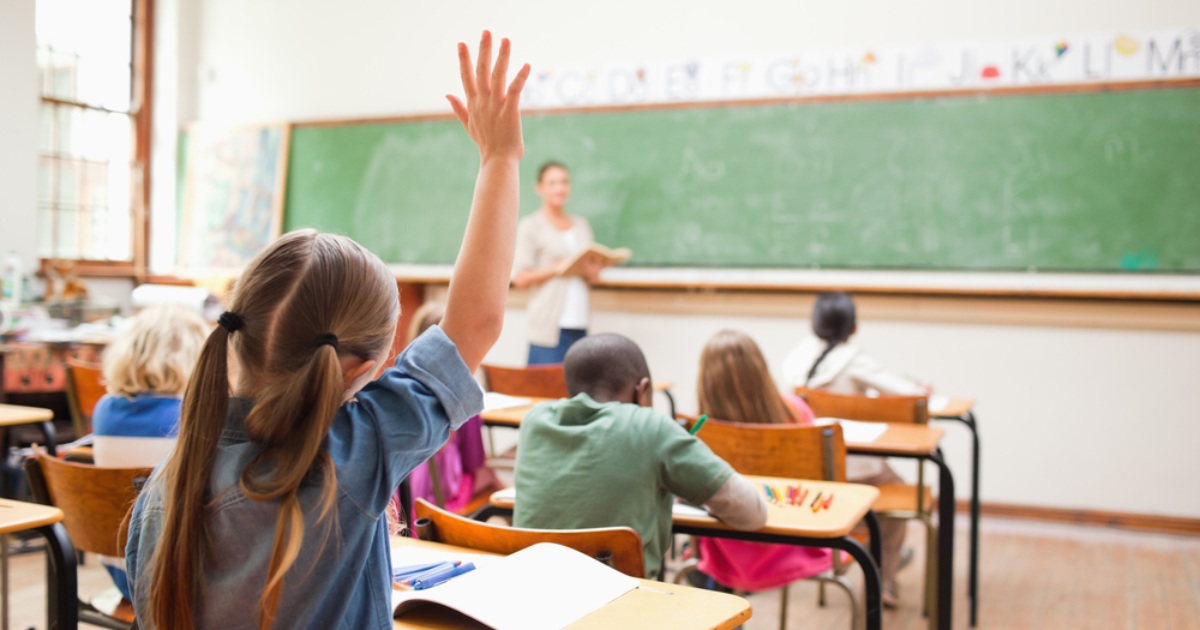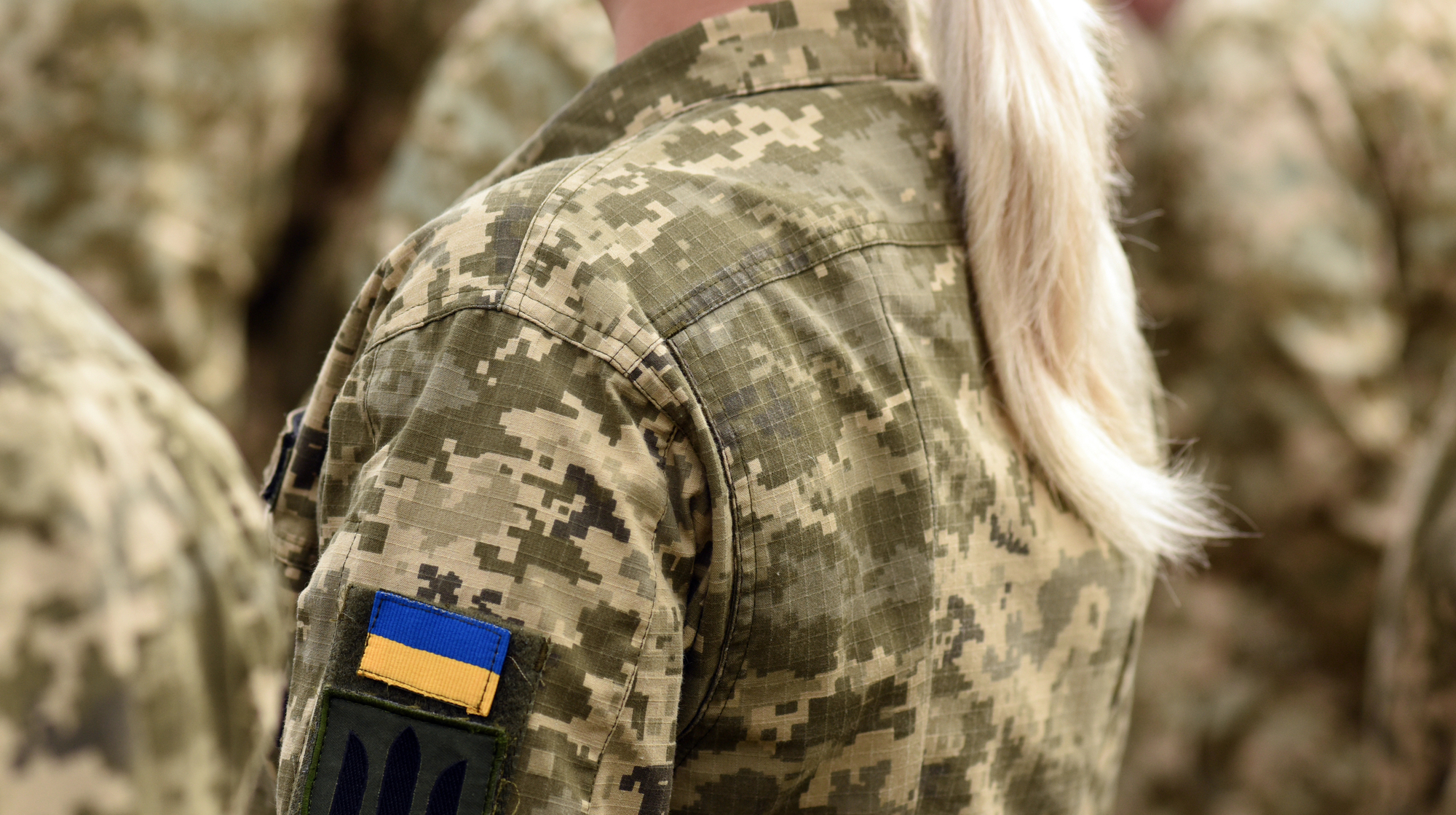How do children learn during the war and why do they skip school? Survey of mothers

42% of Ukrainian children aged 3 to 17 study in kindergartens or online schools. At the same time, 29% of children are in a mixed form (both online and face-to-face), 26% are constantly attending educational and educational institutions, and only 3% are home-schooled. This is evidenced by the results of a survey conducted by the Rating Sociological Group among mothers of Ukrainian children aged 3 to 17 years. “The online form of education is most common in the front-line areas, online and mixed forms – in the de-occupied areas and among the residents of the center,” sociologists say. In Kyiv, more than half are engaged both online and in a mixed form, while almost 40% attend educational institutions regularly. In the Western regions, almost half of the children (47%) study offline, 40% study in a mixed form, and only 10% study exclusively remotely. The vast majority of Ukrainian children study in schools or attend preschools. Only 8% do not attend. Read also: The Ministry of Education, Culture, Sports and Science told how many schools and kindergartens work face-to-face or remotely. Why do children skip school? The main reasons why children do not go to educational institutions are the closure of schools/kindergartens due to the war (60%) and the reluctance of parents to send their children to these institutions due to the danger during the war. Almost a third of children miss classes in schools/kindergartens every day (10%) or several times a week (18%). 36% missed classes several times a month. At the same time, 34% of mothers noted that they hardly encountered such a problem. Most often, those who live in front-line areas, away from home or study only online missed classes. The main reasons for missing classes were air alarms (61%), lack of heat and electricity (49%), as well as the child’s illness (44%). Almost every fifth surveyed mother reported a significant deterioration in the child’s academic success and a decrease in the quality of the educational process. “Most often, such problems were recorded among residents of front-line and de-occupied territories, mothers of junior and high school students, those who study online or in a mixed form of education,” sociologists add. Also, 14% of the interviewed mothers noted that their children had to change their school/educational institution as a result of the war. The absolute majority of such children (82%) changed school/kindergarten only once, 15% – twice, 2% – 3 times. The absolute majority of parents (86%) whose children have changed institutions say that the child feels good there. 11% – believe that the child is not comfortable in the new educational institution. Relatively more often than others, preschoolers, internally displaced persons and those who left but have already returned had to change their school. We will remind you that last year Ukrainian children spent more than 900 hours in shelters. Read also: Only 38% of schoolchildren communicate exclusively in Ukrainian during breaks – survey
Original Source Link









